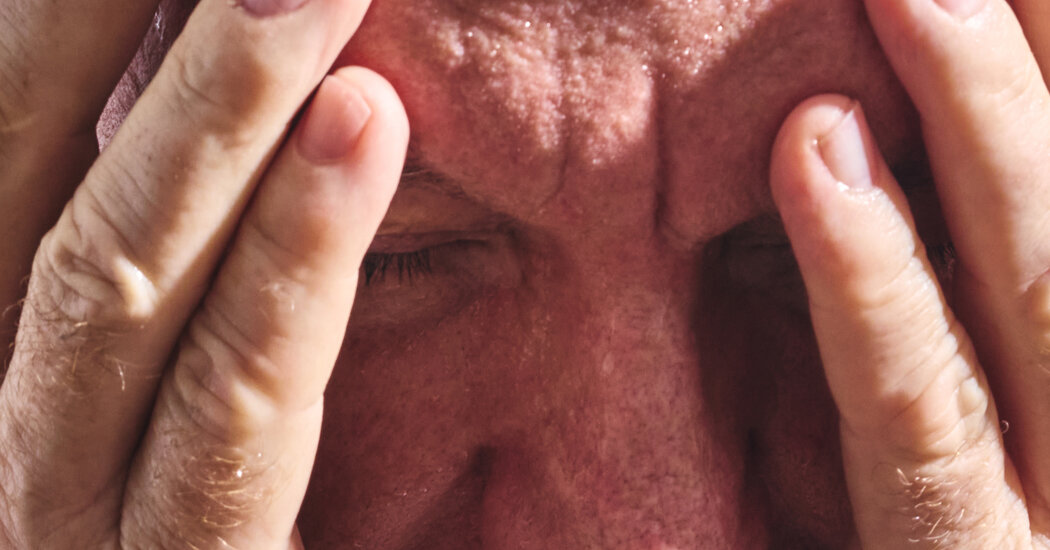Q: Humidity makes me tired, short-tempered and nauseous. Why don’t I feel this way in drier heat? And how can I stay comfortable and safe?
It’s more than a feeling: Humid weather really is harder on your body.
Humidity is a measure of water vapor in the air. And the hotter it gets, the more moisture the air can hold, said Jessica Lee, a public program coordinator at the National Weather Service. That’s why a sweltering summer day can feel so much stickier than a foggy morning in the spring.
High humidity can also keep your body from cooling down effectively, which makes the heat more dangerous, too. But experts say there are ways to stay safe — and sane.
Why humidity feels so terrible
The reason boils down to our go-to cooling mechanism: sweat.
When your body overheats, it sends a mixture of water and salt to your skin’s surface, where it exits your pores as sweat, said Dr. Anthony Mazzeo, a professor of emergency medicine at Penn Medicine. Sweat itself isn’t what cools you down, though. It’s the physics of evaporation.
“When sweat evaporates, it removes heat from the body,” said Dr. Rahul Sharma, the chief of emergency medicine at Weill Cornell Medicine and NewYork-Presbyterian Hospital. Liquid requires energy to vaporize. When sweat evaporates off our skin, it takes that energy from our body heat, cooling us down.
The trouble with high humidity is that the air is already full — or almost full — of moisture, Dr. Mazzeo said. This keeps sweat from evaporating efficiently. When sweat can’t evaporate, your body can’t cool down. And when you can’t cool down, your body sweats even more.
